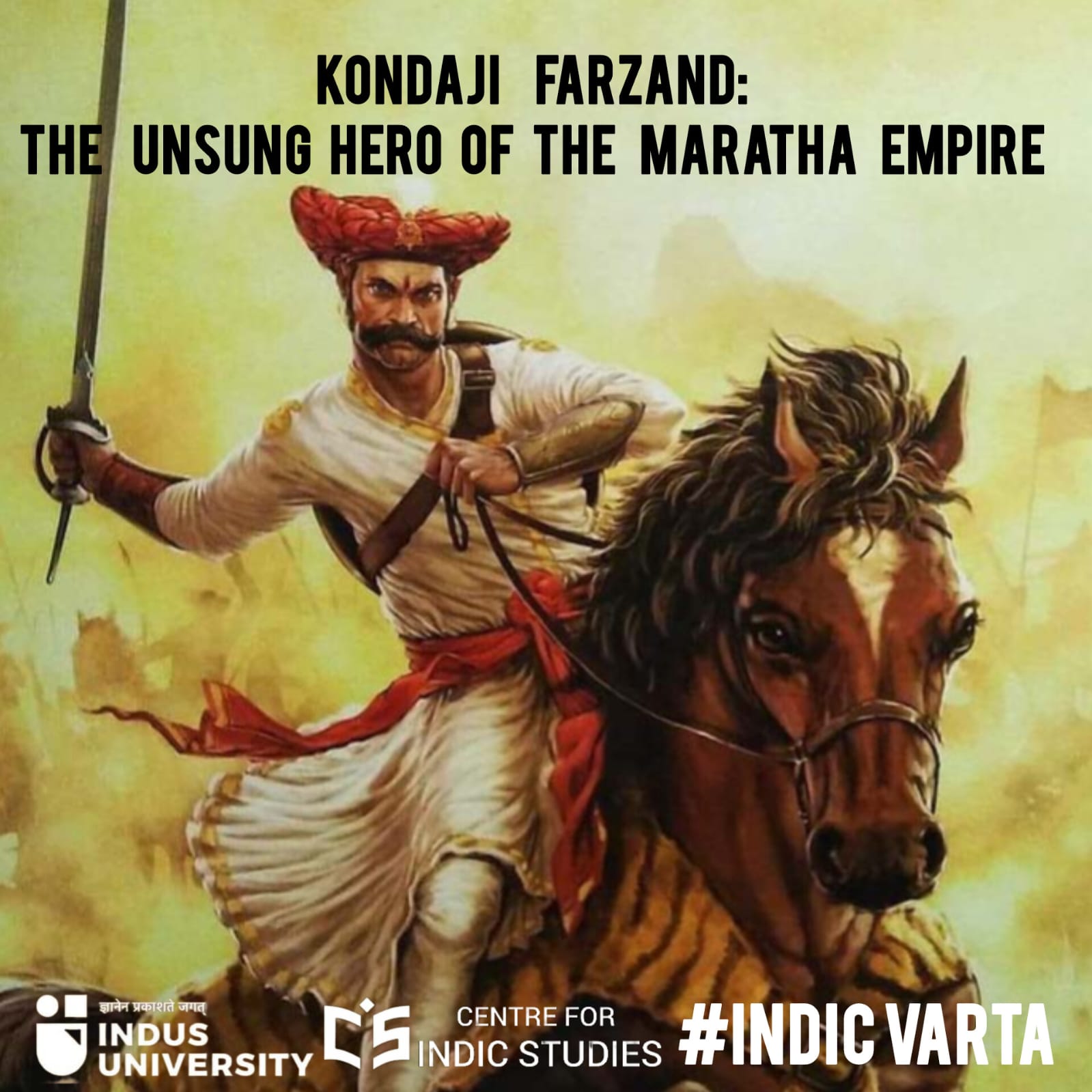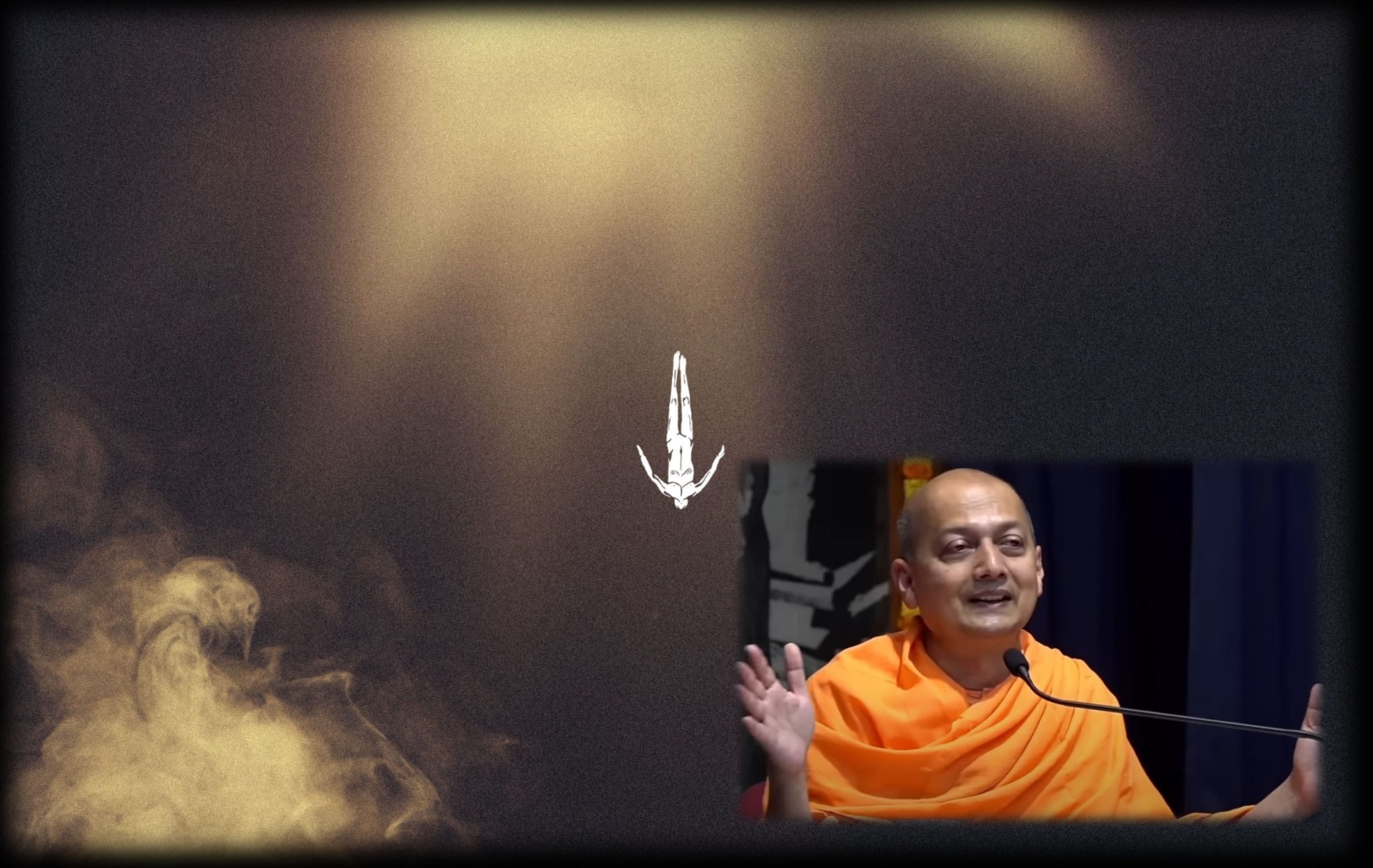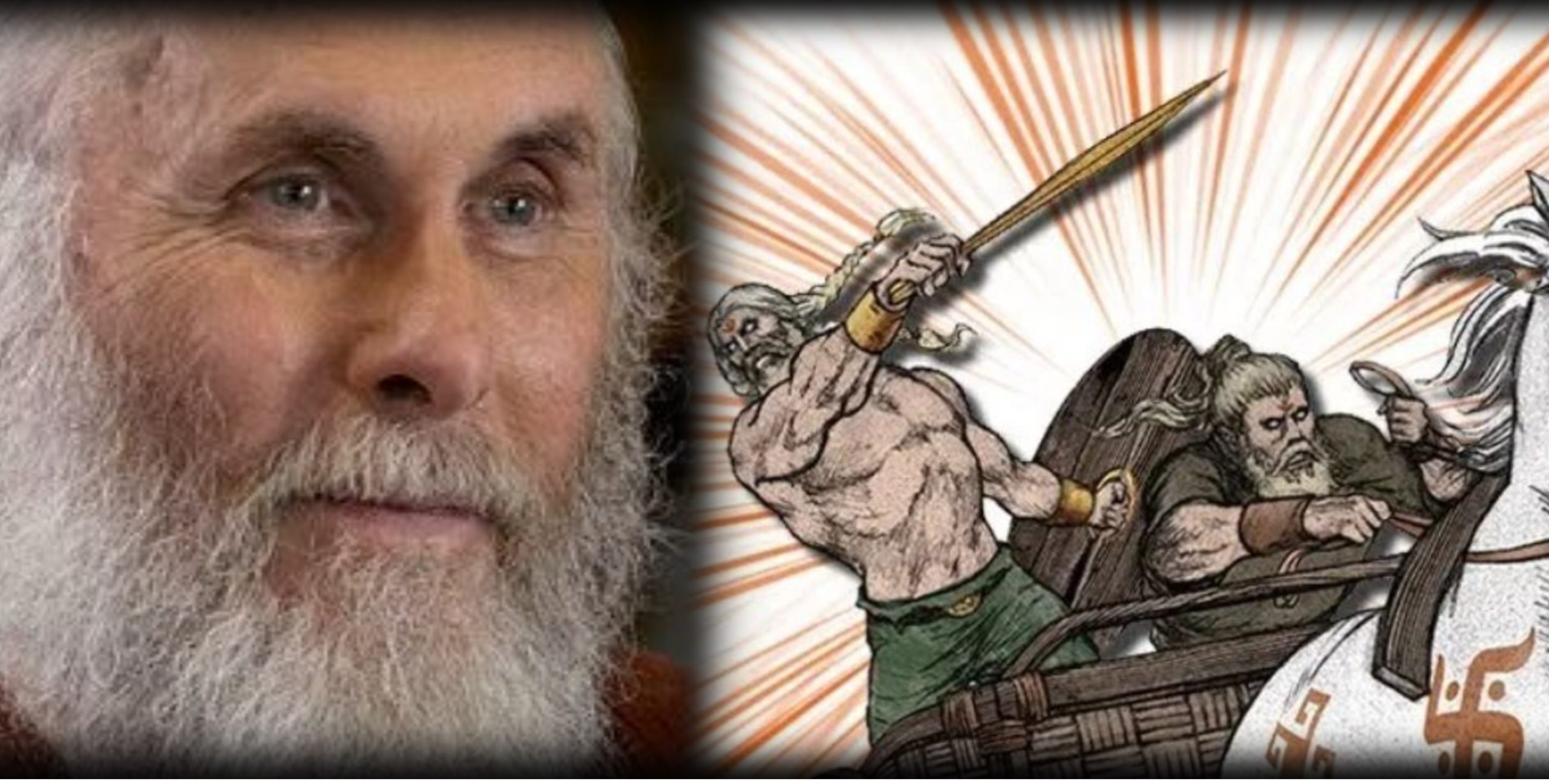- Visitor:3378
- Published on: 2024-11-04 05:58 pm
Kondaji Farzand: The Unsung Hero of the Maratha Empire
In the annals of Indian history, the Maratha Empire stands as a testament to the valour and indomitable spirit of warriors who dedicated their lives to defending the motherland. Among these unsung heroes is Kondaji Farzand, a warrior who fought valiantly till the last shred of blood to protect the sovereignty of Bharatvarsha.

In the annals of Indian history, the Maratha Empire stands as a testament to the valour and indomitable spirit of warriors who dedicated their lives to defending the motherland. Among these unsung heroes is Kondaji Farzand, a warrior who fought valiantly till the last shred of blood to protect the sovereignty of Bharatvarsha. Despite the grandeur of the Maratha Empire, much of Farzand's story remains obscured by the sands of time. Written records often overlook his significant contributions, leaving us to piece together his life and contributions through the oral traditions, folklore, and legends that have survived through generations. These stories, passed down from one generation to the next, serve as a vital link to our past, reminding us of the selfless acts of courage that paved the way for the freedom we enjoy today. As we look back in time through this article, it is vital to understand that the sacrifices made by our warrior ancestors, like Kondaji Farzand, are not just historical footnotes; they are powerful reminders of the courage, determination and values that have shaped our identity as a nation.
The Warrior's Military Prowess
Kondaji Farzand was not just another soldier in the ranks; he was a skilled warrior with expertise in various forms of combat, including sword fighting and wrestling. His agility in climbing steep peaks and aptitude for devising battle strategies made him a crucial asset to the Maratha forces. It is said that Farzand was a tactical genius, capable of assessing battlefield dynamics and adapting his strategies accordingly.
The Siege of Panhala
One of Farzand's most remarkable feats occurred during the siege of Panhala, a fort heavily guarded by 2,500 soldiers. Armed with only 60 skilled warriors, Farzand demonstrated extraordinary courage and strategic brilliance. Historical records tell us that he not only succeeded in capturing the fort but also avenged the death of Tanaji Malusare by eliminating Beshak Khan, the commander responsible for Tanaji’s demise. This act of bravery solidified Farzand’s status as a formidable warrior and a loyal aide of Chhatrapati Shivaji Maharaj.
The Siege of Janjira and Farzand's Final Mission
India has historically been a land that attracted foreign aggressors, invaders and marauders throughout its history, and one such group was the Siddis. Originally Muslims from Abyssinia, the Siddis made their way to India through various avenues, including slave trades, maritime trade activities, and the search for better livelihood opportunities. They established settlements along the Malabar coast and gradually built a formidable naval presence, with their primary base located at Janjira, situated along the Arabian Sea coast in Maharashtra. As the power of the Marathas grew under Chhatrapati Shivaji Maharaj, and Bijapur began to decline as an independent state, the Siddis of Janjira shifted their allegiance to the Mughal Empire. Recognizing their maritime capabilities, Aurangzeb appointed Kassem Siddi as Admiral and provided annual payments to maintain their fleet. This strategic alliance significantly enhanced the Siddis' influence in the region, making them a menacing challenge for the Marathas.
Throughout his reign, Chhatrapati Shivaji orchestrated numerous attempts to breach the formidable Janjira Fort, yet each endeavour proved unsuccessful. The fort was more than just a military stronghold; it represented a crucial element in the Maratha Empire's quest for sovereignty, economic power, and military dominance. Its strategic location allowed it to control vital sea routes and exert influence over the western coast. Capturing Janjira was seen as a critical step in solidifying and securing Swarajya. However, the fort's robust construction and strategic positioning rendered it nearly impenetrable, effectively thwarting Maratha efforts to seize this vital maritime asset.
With the passing of Chhatrapati Shivaji Maharaj, his son, Sambhaji Maharaj, took up the mantle and continued the fight for Swarajya. During this tumultuous period, in 1682, his trusted commander Kondaji Farzand devised an ingenious plan to orchestrate the fort's defection. Under the pretence of a falling out, Farzand infiltrated the ranks of the Siddis, aligning himself with their cause while secretly plotting their downfall. He intended to detonate the Siddi magazine on a day specified by Sambhaji for a coordinated attack.
However, betrayal lurked in the shadows. An insider mole revealed Farzand’s true identity, leading to his capture. Despite his valiant efforts, he was killed before he could fulfil his mission. Many historians speculate that had he not been betrayed, he could have successfully reclaimed Janjira for Chhatrapati Sambhaji Maharaj.
Honouring the Legacy of Kondaji Farzand
Despite his inability to fulfil his last mission, Kondaji Farzand's legacy as a valiant warrior and a true patriot endures. Farzand’s audacious attempt to infiltrate the formidable Janjira Fort, a bastion of Siddis' power, marked him a special place in the history of India. While he may have failed in his siege, his contribution cannot be neglected. He could not reclaim the fort, but he was part of a broader struggle to which he contributed in incalculable measures.
Farzand’s exploits went beyond mere military victories; they were part of a larger struggle to protect Indian civilization from foreign domination. During a time when the Mughal Empire sought to consolidate its control over the subcontinent, the battles fought by Farzand and other Maratha commanders were essential in defending India's sovereignty against imperial expansion. By reclaiming forts like Panhala and attempting to capture Janjira, Farzand contributed significantly to the preservation of not just strategic military locations but also the cultural identities and governance structures vital to the region.
Throughout the mediaeval period in India, the nation experienced a relentless wave of invasions by various foreign powers, including the Afghans, Turks, and Mughals. In response to these threats, formidable leaders emerged who not only confronted these invaders but also championed the sovereignty of India. Under the visionary leadership of Chhatrapati Shivaji and Chhatrapati Sambhaji, the Maratha Empire served as a robust bulwark against the oppressive forces of the Mughals and their allies. Each victory achieved against these adversaries was instrumental not only in safeguarding the cultural, religious, and social practices of the Indian populace but also in preserving the very essence of Indian civilization.
In recognizing Farzand’s contributions, we honour not just a single warrior, but the collective struggle of countless individuals who fought for India's sovereignty and freedom. As inheritors of their legacy, it is incumbent upon us to carry forward the ideals they embodied. In doing so, we reaffirm our commitment to safeguarding the essence of our nation and ensuring that the sacrifices of heroes like Kondaji Farzand are never forgotten. Their courage continues to illuminate the path for those who seek to protect and uplift Bharatvarsha, reminding us that the fight for upholding Dharma is an eternal endeavour.
- 1689 min read
- 19
- 9










